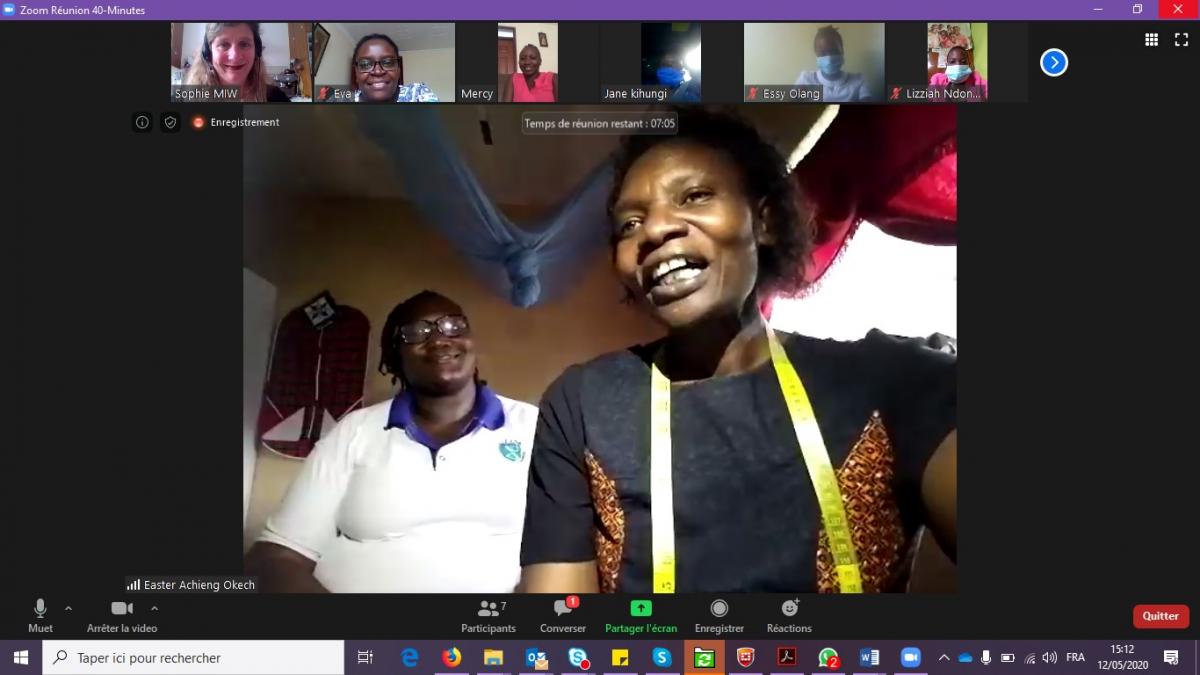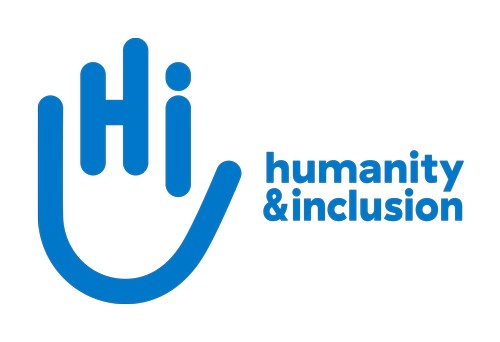Women with disabilities engaged in responding to COVID-19: MIW supporting them
Making It Work has been actively working with its country partners from Uganda, Kenya, Cameroon and Burundi to ensure women with disabilities are supported in this COVID-19 crisis times.
MIW and 7 partners have signed Partnership Agreements, allowing women with disabilities to be further supported and included. Interventions address basic needs, GBV prevention and response, access to SRH, as well as prevention of COVID itself. They are preparing for supporting women with disabilities' economic recovery.
HI-MIW and its partners are implementing 7 projects (one in Western Cameroon, three in Kenya, two in Uganda and one in Burundi) totalling 70,000 USD for a period from 1 to 3 month, starting April 2020.

The Making It Work Gender and Disability project is supporting financially and technically 7 projects in Cameroon, Kenya, Uganda and Burundi.
Partners have been extremely reactive in trying to address the two-fold safety issues faced by women with disabilities:
- being at risk of getting affected by the coronavirus, with difficult access to prevention items and sensitization;
- facing additional and increased risks caused by the repercussions of society’s efforts to stop the virus' spread (higher incidence of Gender Based Violence and difficulties to seek help and report, lack of access to needed care, limited resources to get food, etc.)
Projects are being implemented by:
- Cameroon Baptist Convention CBC Health Services through their SEEDS program
- Lira District Disabled Women Association LIDDWA, Uganda
- Mubende Disabled Women Association MUDIWA, Uganda
- Union des Personnes Handicapées du Burundi UPHB, Burundi
- Coalition on Violence Against Women COVAW, Kenya
- KEnya FEmale ADvisory Organisation KEDEADO, Kenya
- Women Challenged to Challenge WCC, Kenya
Activities aim at preventing the risk faced by women with disabilities to contract COVID19, as well as decreasing the negative effects linked with society's efforts, in particular the lock-down and social distancing imposed by Governements.
Key activities
1) Prevention of and response to Gender Based Violence:
Setting up toll-free helplines (call and sms) for women to call, alert, report; Supporting women survivors to access the health centers and report about cases; Helping the existing Women's shelters for them to welcome women with disabilities; Provide emergency protection to women and children in danger; Distributing Airtime to isolated women with disabilities ; Talking about GBV against women and girls with disabilities on radio and TV;
Supporting case management for women and girls with intellectual disabilities;
Advocate for and ensure that women with disabiltiies are included in Governement-led GBV efforts;
2) Access to SRH:
Financial support to ambulances to transport expectant mothers to the Health Center to deliver; Sensitization of health centers staff of the importance to welcome women with disabilities; Providing sanitary materials to women and girls;
3) Basic needs:
Providing women with disabilities with food, airtime, sanitary kits including sanitary towels and toilet paper, soap;
Advocate for and ensure that women with disabiltiies to be integrated in Governement-led distributions;
4) Prevention of COVID19
Providing women with disabilities and their caregivers with basic protective items (soap, sanitizers, masks); Conducting door to door and outreach visits to small groups of women to deliver the prevnetion messages, inform aout the basic protective measures and train about the proper use of the masks;
Organize local production of reusable fabric masks respecting the French Standard AFNOR Spec S76-001 (design and fabric); training of local tailors, provision of Cotton fabric;
Provide communities with hand washing systems;
5) Economic recovery
Provide women entrepreneurs with a small Economic Recovery Package to restart their activities after lockdown.
Want to read more? Contact us s.pecourt@hi.org
Copyright © 2026. All rights reserved.
